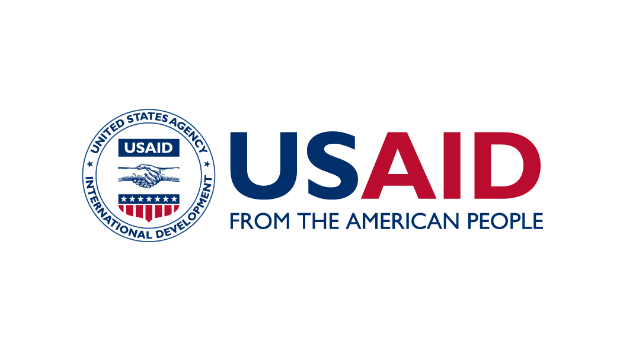The U.S. Agency for International Development (USAID) has issued the following helpful primer on the Stabilization Facility for Libya (SFL):
Quick Facts:
Grantee: United Nations Development Programme (UNDP)
Program Duration: October 2016–September 2017
Total Donor Funding Pledged: $31 million
USAID Contribution: $2 million
Description:
Stabilization Facility for Libya (SFL) supports the Libyan Government of National Accord (GNA) by providing tangible ‘quick-wins’ at the local level in the East, South and West of Libya. SFL implements improvements, such as rehabilitating critical infrastructure and restoring basic public services, in close collaboration with local governing institutions.
SFL is funded by 12 international donors with decisions made by a Governing Board jointly chaired by the Libyan Prime Minister’s representative and the United Nations’ Deputy Special Representative of the Secretary General. The US Government is represented on the Board by the US Ambassador to Libya as well as the USAID/Libya Senior Development Advisor.
Program Activities and Objectives:
- Rehabilitate light infrastructure and support recovery of critical businesses in communities damaged by conflict;
- Immediately boost municipal capacity to take leadership in local stabilization efforts;
- Strengthen local capacity in conflict analysis, facilitation, and mediation.
Program Status/Achievements:
SFL supports return to normal conditions and peace-building programming in several Libyan communities affected by conflict.
SFL has completed assessments in three communities -- Benghazi, Kikla, and Obari – with Sirte and Sebha assessments underway in early 2017. After field-based assessments are completed, community consultations are organized with municipal authorities, local leaders and civil society representatives to prioritize social infrastructure rehabilitation (e.g., health, water, sanitation, education). The priorities are presented to the SFL Governing Board for approval, after which SFL mobilizes expert teams in each location to deliver equipment and infrastructure improvements.
By early 2017, SFL has begun refurbishment of public buildings and procurement of equipment to restore essential public services for the first three communities, including: medical equipment and ambulances for hospitals, garbage trucks, generators, solar panels, water and sewage pumps, and prefabricated classrooms for schools.
(Source: U.S. Agency for International Development - USAID)





